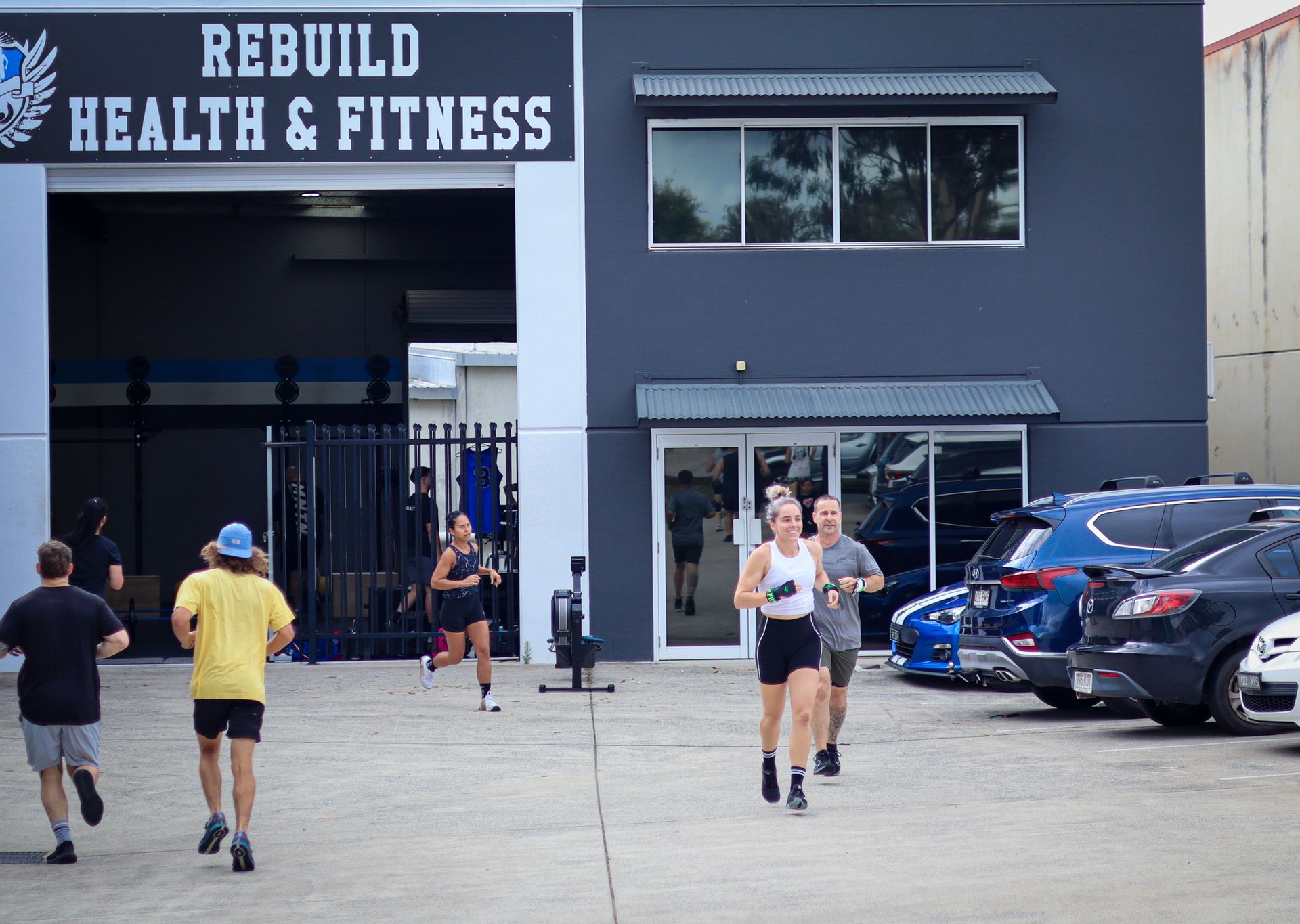The Psychology Behind Performance: With Sports Psychologist Rachel Jones
The hours you put in, the training required, the quest to be number one at all times – it does take a toll on you eventually, and this is when a sports psychologist comes in. Rachel Jones is a sports psychologist based in Australia. Rachel speaks about how she gets her clients to trust her, how she deals with their self-limiting beliefs, her strategies and more.Rachel's background Having been in the field for about 10 years, what stood out to her most was the idea of helping people be their best. 'I've always been interested in the person behind a performer,' explains Rachel. 'Not just the sports person but understanding the whole person. You see people can have extraordinary success on the field or in whatever sport it is or whatever area of performance it is but off the field things aren't so great — there is something that holds them back from achieving their potential. I guess sort of seeing different people's stories and thinking about what might've been and what could happen just made me want to be part of that and really help people reduce some of that suffering in and get the best out of themselves.'Having established a large amount of experience and knowledge in her career, Rachel has held roles in strength and conditioning, athlete welfare, sports rehabilitation assessment and management, and tactical training. This allows her to have an additional perspective to bring to her sports psychology work, along with a special interest in injury rehabilitation and pain management.It's natural for teams or athletes to feel a little reluctant when discussing personal struggles with a sports psychologist, given the stereotypes that exist. However, what's crucial to understand as somebody involved in sports is that, these psychologists are only present to offer you a helping hand. 'It definitely varies sport to sport. I still have conversations these days about what I actually do as a psychologist, and then people said I look at you and go 'Oh no, you are you reading my mind?', 'You tell what I'm thinking right now' and 'You know we don't want to talk to you because that means things are too serious.' So that gets frustrating sometimes and every time that you start working, you do have to have those conversations about how you actually work and what you actually do,' says Rachel.She adds: 'Sometimes we've got to relax a bit as a psychologist but still keep those appropriate boundaries. I think that's another challenge sometimes on working with teams because a lot of what we do is confidential, which is for purpose because that just makes it a bit easier for people to access us and have those conversations but then it's very difficult to build trust with coaches we might be working with, or the physios we are working with, or the other sports medicine providers and even athletes. It's like 'Is this information going to get shared?', 'What information is going to get shared?', 'We're giving you a lot of information but you're not giving us a lot back,' so balancing all of that quite challenging around here, plus the stigma around talking to a psychologist and what that might actually entail.'Self-limiting beliefsAs an athlete, you sometimes tend to be too hard on yourself, and this then leads you to believe you're not talented enough. Rachel breaks these self-limiting beliefs down for us in the podcast: 'I know a whole host of different things, it could be about relationships, it could be either criticism on themselves, it could be a bad experience that they have had where someone's responded poorly if they made a mistake, or it might be that they have perfectionist tendencies and they're just really hard on themselves if they're not perfect. So, they try to overcompensate, they have a lot of performance-based identity, which means you can get your identity from your performance, so if you're not perfect in your execution, you are not a good enough person. Which seems quite extreme as well.'StrategiesStrategies used in sports psychology aren't any different than what would be advised to you quite generally in life too. It's just about how we make use of the advice in different areas of life.'Strategies that we talk about have an application into all different areas of life. And sometimes the athletes who have played and have figured out or sometimes that haven't figured out that they can actually transfer the skills that they learned during their playing career. We might've been talking about it specifically performing under pressure you know when there at Metricon stadium in front of thousands of people but it's actually the same thing that I can use heading into a job interview or the same strategy they can use when I have a difficult conversation. So, there is a lot of crossovers there. Even when I do some work in youth development as well, it doesn't actually matter sometimes parents I know are like 'what age is too young to bring my kid to a sports psych?,' but the cool thing is that all the strategies we talk about are ones they can practice in their sport and use in everyday life. In fact, we talk about how the more that they practice the strategies at school, the easier it's going to be used in the sport as well so there is a really nice crossover there.
Previous Blogs


